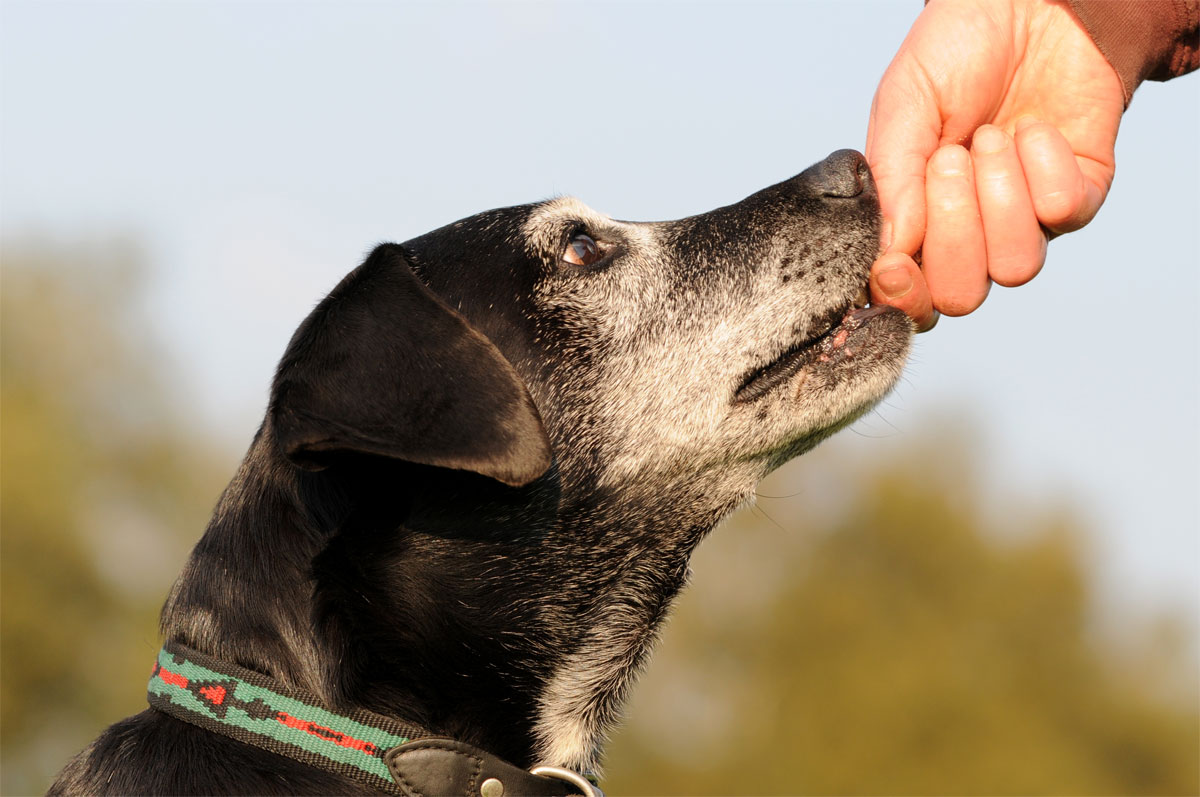
Beware of These Common Household Items and Plants
The things that we as two-leggers love to keep around our homes are not always safe for our favorite four-legged friends. Many items that help us live comfortably can be incredibly harmful, toxic, and dangerous to animals. Make sure your pet’s environment is safe by keeping the following common household items out of their reach.
Common Household Hazards
1. Plants
Many plants are dangerous for our pets. For example, all members of the lily family are extremely toxic to cats. Other common houseplants including Christmas cactus and several succulents are also poisonous.
The list of plants that are toxic to dogs, cats, and horses is too long to list them all here. To find out if your household plants are safe for your pets, do a quick search on the ASPCA’s list of poisonous plants.
2. Foods
Several human foods are dangerous for pets. Some of these include:
- Alcohol
- Avocado
- Bones
- Chocolate
- Coffee grounds, tea, and caffeine
- Fatty foods
- Grapes/raisins
- Members of the shallot family (garlic, onions, chives, leeks, etc.)
- Nuts
- Raw or undercooked meat or eggs
- Salt
- Xylitol (artificial sweetener)
- Yeast dough
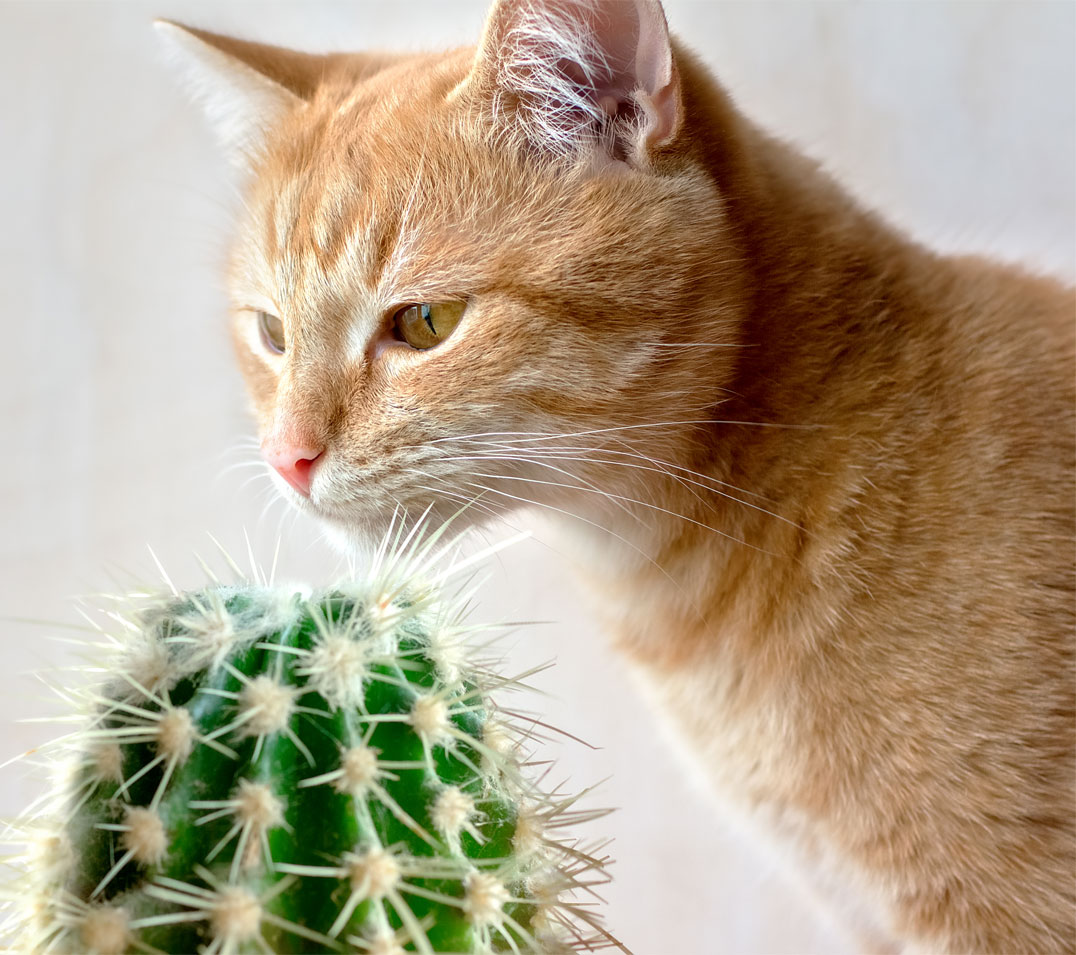
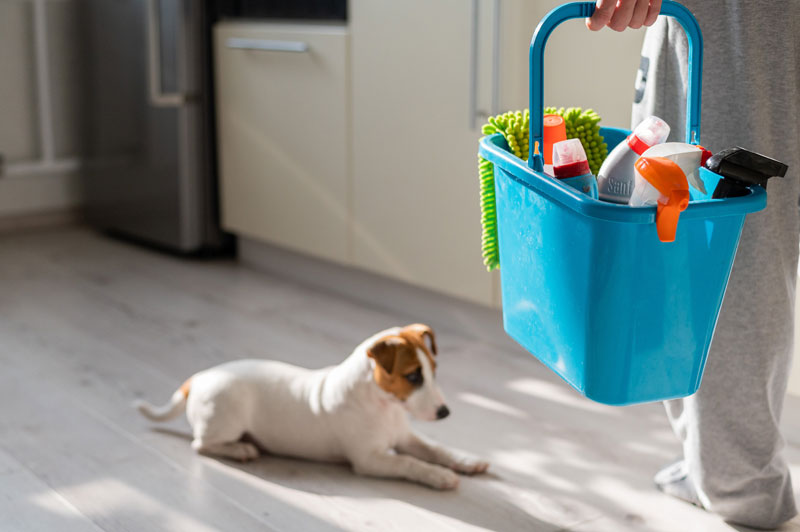
3. Cleaners
Additionally, household cleaners are usually dangerous for pets. Store them in a place where pets won’t be able to get into them and follow all directions for safe use. For example, if the label says to let the cleaner dry, then keep pets from walking on the floor until it’s dried completely. In addition to poisoning, these chemicals can also cause serious burns.
4. Pesticides & Herbicides
Designed to keep your home free from weeds, insects, and other pests, these substances are harmful to pets, too. Store securely and follow all directions for safe use.
5. Medications
It’s best to assume that all human medications are toxic for pets because many of them are. Store them securely and never attempt to medicate your pet with a pill intended for people.
6. Antifreeze
Antifreeze smells and tastes sweet. Watch for leaks and clean them up swiftly because it’s highly enticing and toxic to pets.
7. Small Objects
Pets can ingest coins, buttons, batteries, toy bricks, and other small objects. These are sometimes toxic and can also damage the digestive tract, requiring surgery for removal.
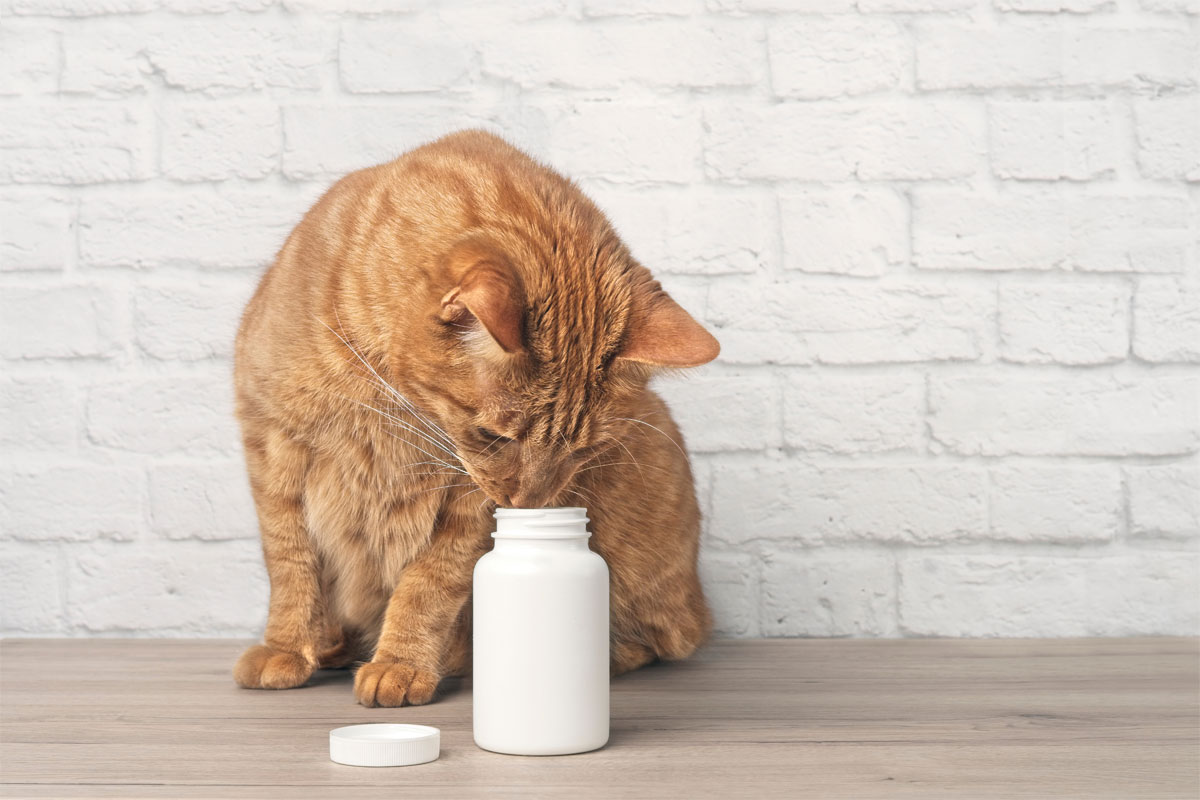
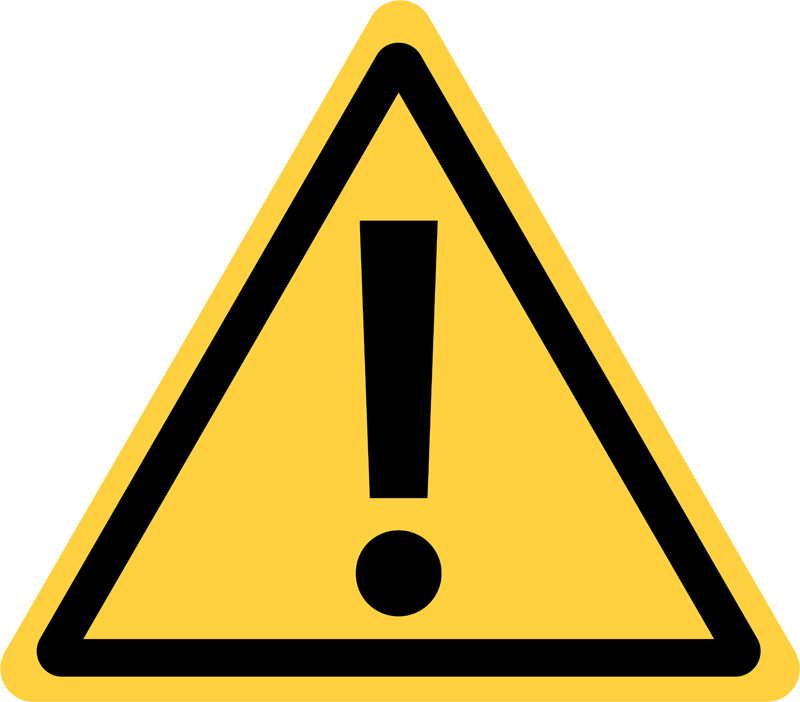
Contacting Animal Poison Control
No matter how carefully you arrange your house, accidents can still happen. If your pet ingests a poisonous substance, seek emergency veterinary care and contact ASPCA Animal Poison Control right away.


